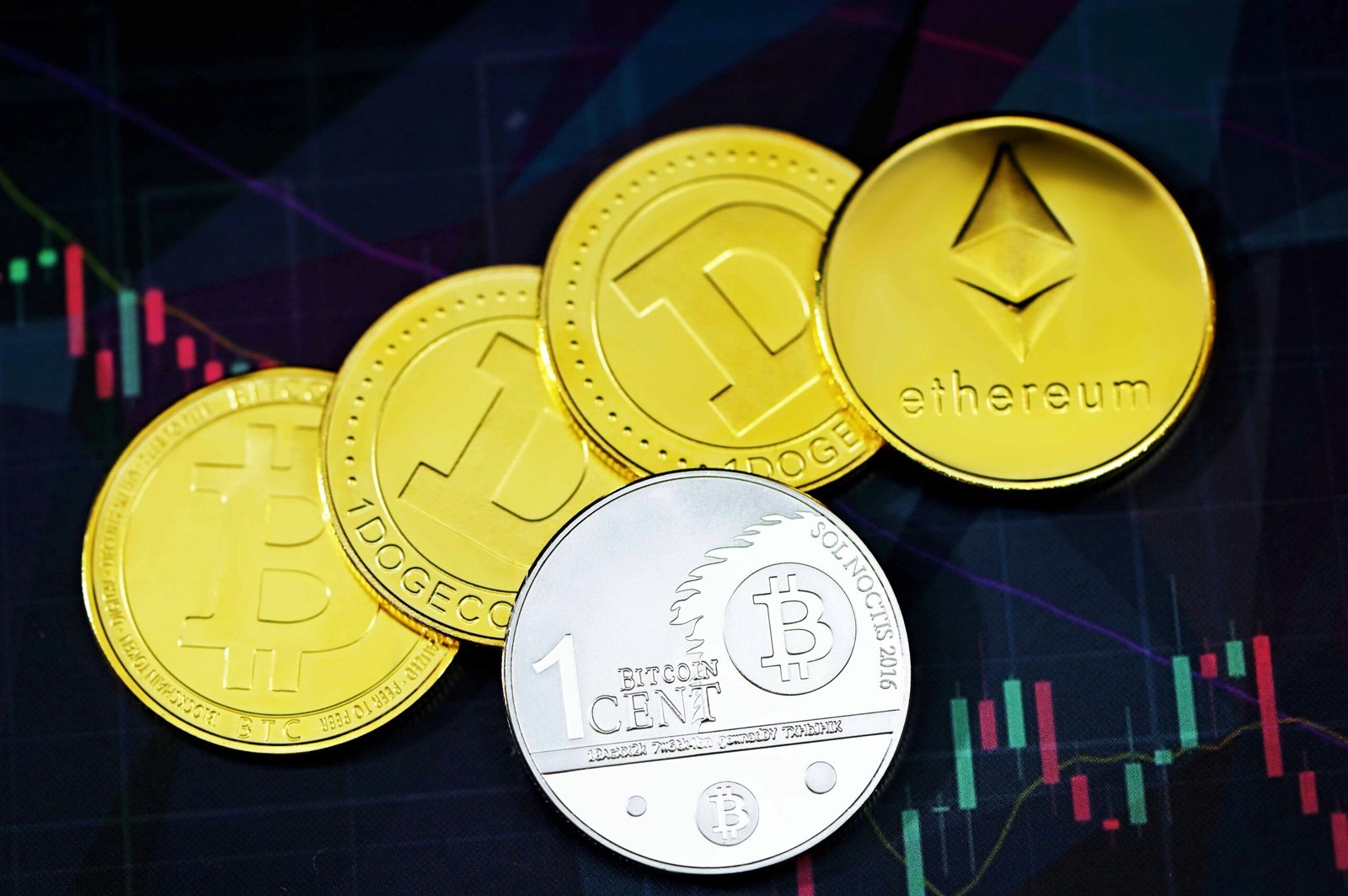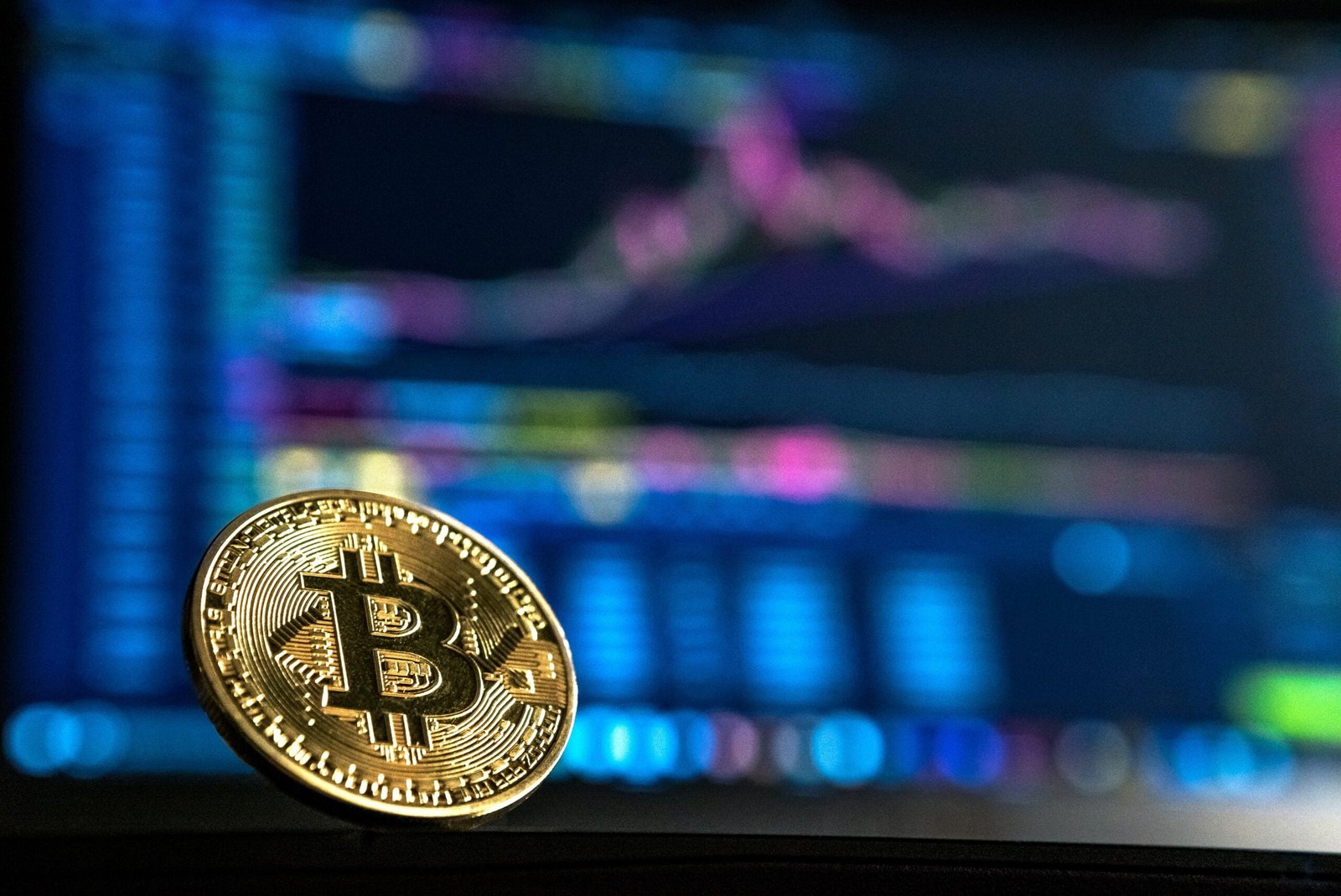BUCLUB Ecosystem: A New Era of Token Innovation
BUCLUB is excited to introduce a groundbreaking token ecosystem inspired by the legendary dynasties of Bulltown. Our unique platform is built around three dynamic ERC20 tokens—BULL, BEAR, and COW—each reflecting the rich history and influence of the Bull, Cow, and Bear dynasties. Here’s an inside look at how these tokens work and why they’re an essential part of our ecosystem. The Story: A Legendary Mission Long ago, 134 brave members from the Bull, Cow, and Bear trips embarked on an epic quest to create their own utopia. Their journey led them to establish a thriving new world, known as BUTown. Each dynasty created its own realm, showcasing their unique strengths and philosophies. In BUTown, the natural cycles of life are symbolized by Bulls, Bears, and Cows—a balance that we’ve thoughtfully mirrored in our BUCLUB ecosystem. Why BUCLUB uses three distinct ERC20 tokens: Each token embodies the unique characteristics and contributions of the Legacy dynasties, ensuring a balanced and comprehensive representation within our ecosystem. This triad enhances the community experience and provides multiple benefits across our platform. 1. BULL Token The Bull Dynasty, renowned for its leadership and vision, holds the prestigious BULL Token. Launching on PinkSale in mid-2025, the BULL Token will be the only ERC20 token available for trading for ETH or Fiat within BUCLUB. We have locked a mining contract, dedicated to rewarding our valued members and driving innovation in decentralized finance. Plus, BULL tokens can be gifted to support various campaigns created on BUZZAR and can even be exchanged for real-life goods through our platform, adding a tangible dimension to your rewards. 2. The COW Token The COW Token, minted by the Cow Dynasty, plays a crucial role in our ecosystem by rewarding players. It’s primarily used for Play-to-Earn activities, where players earn COW Tokens that can be redeemed for BULL Tokens once a specific threshold is met. This token embodies the Cow Dynasty’s spirit of reward, bridging gaming achievements with real-world value. 3. The BEAR Token The BEAR Token represents the Bear Dynasty and is essential for staking rewards and interactions within the BUCLUB platform and dApps. Users can earn benefits and engage with various features through BEAR tokens. For those interested in converting their BEAR tokens, the current exchange rate is 67 BEAR to 1 BULL via Budex. This allows participants to align their holdings with our vision by swapping BEAR tokens for BULL tokens. Special Airdrop Opportunity To celebrate and express our gratitude, BUZZAR is offering an exciting airdrop of 31,400 BULL tokens! This opportunity is available now and will continue until the sale starts or the allowance reaches its limit. Don’t miss your chance to be part of this transformative journey and experience the rewards of our ecosystem firsthand. Explore BUZZAR token ecosystem Join us on this thrilling adventure and see how BUZZAR is poised to transform the Web3 landscape. Visit BUZZAR to learn more, engage with our tokens, and enjoy the many benefits of our ecosystem. Conclusion BUCLUB is not merely redefining the integration of DeFi and gaming rewards; rather, it is actively pioneering a distinctive ecosystem. By seamlessly blending innovation with a strong community focus, we ensure that each token fulfills a specific and meaningful role. Consequently, this approach not only significantly enhances the overall user experience but also creates a more engaging and rewarding environment. Moreover, our unwavering commitment to advancing both technology and user engagement is set to drive the continued success of our platform. As a result, we are excited to offer unparalleled benefits and opportunities for all participants. Therefore, join us as we move forward and experience the transformative impact of BUCLUB’s ecosystem.




